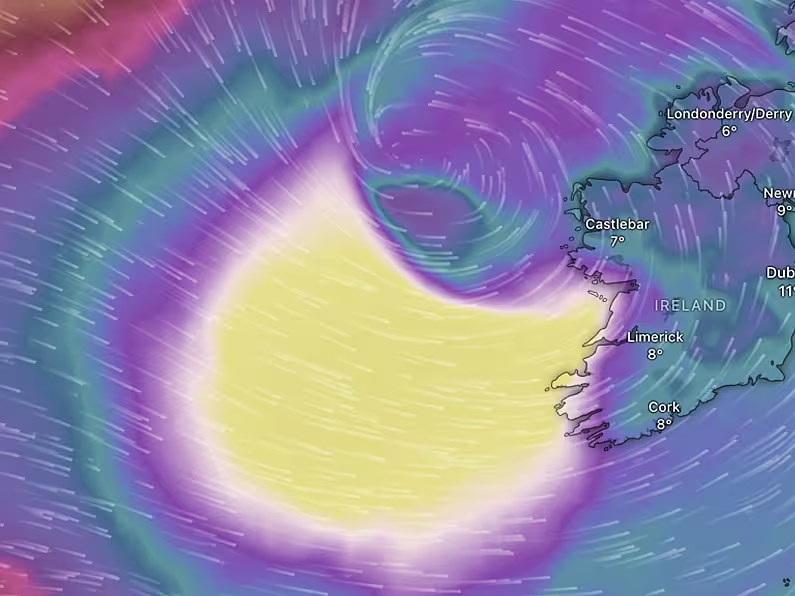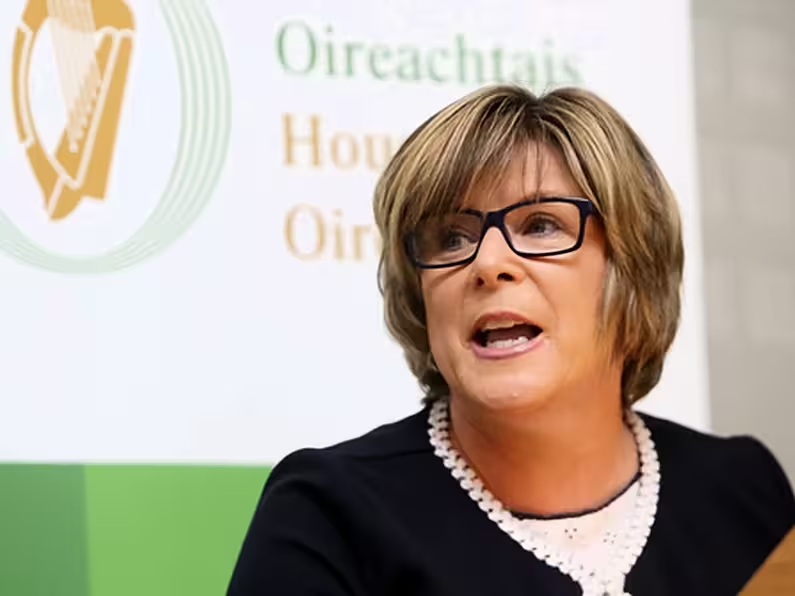
Vivienne Clarke
The Department of Health is considering advice on mixing Covid vaccine doses, the chair of National Immunisation Advisory Committee has said.
Professor Karina Butler said the recommendation from Niac had been made “in the last couple of weeks” but she declined to outline any detail.
The international data on mixing different brands of Covid vaccine for the first and second doses had been very encouraging, she explained, but Niac had been waiting to see all that data before making a recommendation for the Irish rollout.
Prof Butler outlined Niac's position about extending the vaccine rollout to children aged 12-15. Their position had been reached following “a lot of thoughtful consideration”.
The decision was in recognition of the need to protect the vulnerable in that age group and those with underlying conditions.
She acknowledged that the chances of children becoming very ill from Covid were rare, but there were cases where children contracted long Covid, in some cases many weeks after they were first infected and they ended up in intensive care.
Focus groups conducted by Niac in the age group found that many children were more concerned about passing on the virus to others, than of contracting the virus themselves. They had a sense of adults “drawing away from them”, of grandparents reluctant to hug them.
Prof Butler said Niac believed the benefits outweighed the risks so it had been decided to offer the vaccine to that age group. She said she would “strongly encourage” parents with children with underlying conditions or families with other vulnerable people in the household, to go forward with the vaccine.
While the European Medicines Agency (EMA) had made its recommendation about vaccinating 12- to 15-year-olds last May, Niac did not make its recommendation until it had gathered all the evidence on the changing pattern in the disease with the arrival of the Delta variant.
The international data on the risk to young males under the age of 30 of heart inflammation, myocarditis and pericarditis was very rare, she said, and the impact was short-lived with the patients “discharged well.”
Side effects
The surveillance of side effects was continuing, she said, and they were picked up very quickly. As a paediatrician, she said she was aware of colleagues who said they would get their children in that age group vaccinated “as soon as possible.”
The health and welfare of children was the “driver” behind the decision to extend the vaccination rollout to the 12-15 age group. Herd immunity for the general population was a beneficial side effect, but not the driver.
Prof Butler was adamant that she did not want to see any segregation or discrimination against any children who were not vaccinated when schools reopened. Schools had done a tremendous job during the pandemic, she added.
When asked about how ethical it was to vaccinate the 12-15 age group when frontline workers in the developing world had not yet been vaccinated, Prof Butler said that vaccinating children would not take from other countries as the vaccines were already in the country.
It was very important that Ireland participate in global efforts to share vaccines, she said, and she was glad to hear that Ireland would be involved in such programmes “at a government level.”











